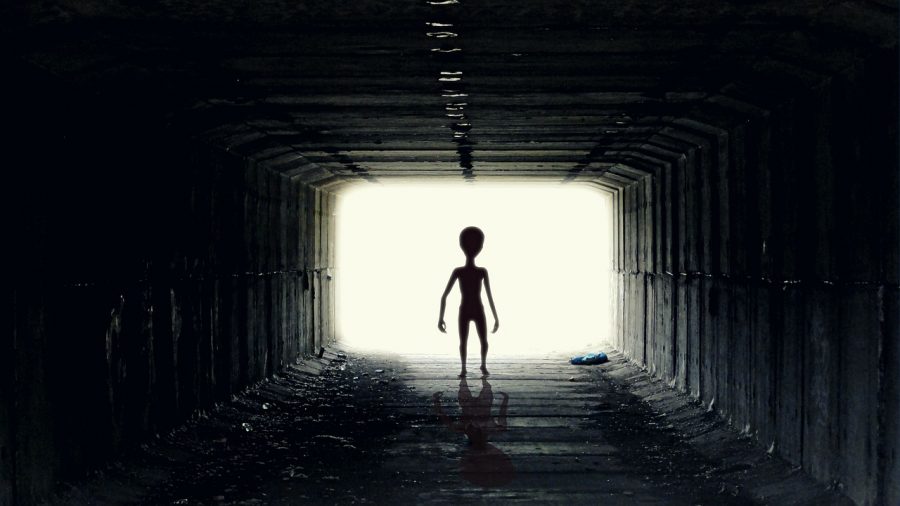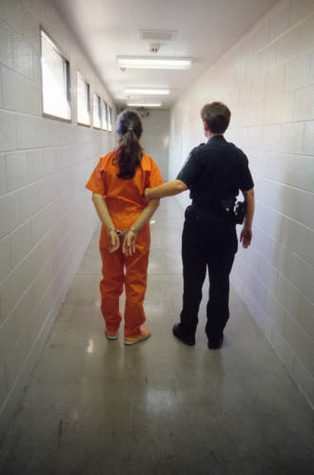Movie Review – Arrival
Audacious, comical and dramatic, Denis Villeneuve’s Arrival is a science-fiction drama with true depth, offering a glimpse into another world. Based on Ted Chiang’s short science-fiction story “Story of your life”, the story is focused around protagonist Dr. Louise Banks, (Amy Adams), who, at the beginning of the movie, is confronted with the death of her daughter Hannah, then recruited for a mission by the United States Army.
The movie’s central narrative is based on the issue of how to deal with extraterritorial organisms entering the planet. Science-fiction, despite its genre specificities, nevertheless requires a certain degree of plausibility. Sometimes however, and despite its heartfelt plot, it seems as if the directors have chosen to make the movie as entertaining as possible, but that at the expense of aforementioned plausibility and logic. Despite a certain degree of absurdity and exaggeration however, the storyline remains strong, and reveals itself as truly multi-facetted. Louise Banks, a professor for comparative linguistics, is characterised as melancholic and emotionally unstable, left with nothing but her work after the death of her only daughter. When the ruthless Colonel Weber (Forest Whitaker) recruits her after a dozen space-ships have landed at 12 different locations around the globe, it seems as if Banks is torn between her emotions, exploring a new professional calling, but being constantly reminded of her misery at the same time.
Louise’s central counterpart is the military scientist Ian Donnelley, who, in a stereotypical yet apt manner, aims to express his masculinity and alleged superior expertise by continuously questioning Louise’s ability and the field of linguistics as a whole. For Louise thus, the journey of communicating with aliens also becomes a personal one. Louise re-explores herself, and becomes aware of her own being simultaneous to successes, and failures, when attempting to crack the aliens’ codes. Ultimately thus, it is her emotional vulnerability, her humanness, that allow her to communicate with the extraterritorial beings. It is in these contact moments, where the film presents true emotional depth. The film becomes particularly expressive prior to revealing the aliens’ physical shape, a climatic moment for Louise, not only professionally, but also personally. The more she learns about the beings from another world, so it seems, the more she is also able to learn about herself.
At occasions thus, the focus of the movie also shifts to the real world, to political intrigue and betrayal among humans. Villeneuve is thus able to introduce another dimension to his movie, a risky approach, admitted, but one that ultimately turns this film into a true success. Despite shifts in plot and time, the storyline mostly remains easy to comprehend. Arrival is a strong and visionary movie, providing the audience with a surreal spectacle, and not so distant emotional realities.






